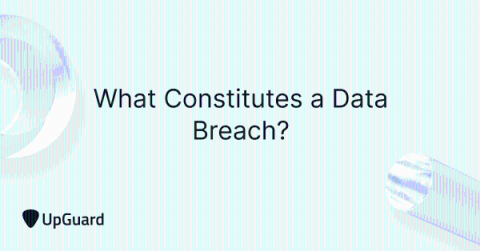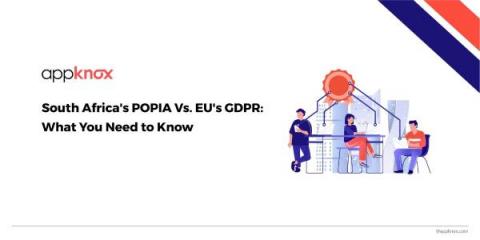Security | Threat Detection | Cyberattacks | DevSecOps | Compliance
Latest News
Navigating Cybersecurity with NERC CIP as the North Star
Working in the Electric Utility sector of critical infrastructure gives a person a very unique perspective on how many of the pieces of the puzzle fit together to provide uninterrupted services to a broad population. My personal experience as a software engineer in the electrical industry introduced me to the nuances that the average person doesn’t consider when they flip on a light switch. When I moved into the cybersecurity space, an entirely new realm was opened up.
What Constitutes a Data Breach?
A data breach occurs when sensitive data is copied, transmitted, viewed, stolen, or accessed by an unauthorized individual. For a security incident to constitute a data breach, the exposure of sensitive data must be intentional. The presence of intent differentiates a data breach from a data leak, where exposure is accidental. A data leak occurs when data is accidentally exposed through a vulnerability, such as weak passwords.
Denial of Service Vulnerability in Envoy Proxy - CVE-2022-29225
The JFrog Security Research team is constantly looking for new and previously unknown software vulnerabilities in popular open-source projects to help improve their security posture. As part of this effort, we recently discovered a denial of service (DoS) vulnerability in Envoy Proxy, a widely used open-source edge and service proxy server, designed for cloud-native applications and high traffic websites.
3 Tips for Mitigating the Insider Threat Facing Government Organizations
Verizon’s Data Breach Investigation Report for 2022 (DBIR) was recently released and it has some good news and it has some bad news when it comes to the risk of insider attacks. First the good news, sort of. According to the DBIR, the vast majority of breaches continue to come from external actors (80% vs 18% of insiders). Hopefully we can be a little less suspicious of Bob who sits two offices down from you. However when an insider attack happens, it can be really, really destructive.
Automate Data Mapping for GDPR and Other Data Privacy Laws
Whether you’re a compliance expert or a novice, adhering to data privacy laws confuses even the best of companies. One of the key points of confusion is the fact that you can’t possibly comply with current and future laws without knowing what data you collect, where it goes, and how it’s used and retained. It sounds simple, but it is not. In fact, it’s a challenge that applies to nearly every organization today.
Reciprocity Wins Coveted Global InfoSec Awards during RSA Conference 2022
Bot attacks go undiscovered for average of 16 weeks
Conti ransomware incapacitates Costa Rica's government: The FBI, CISA, the NSA, and Secret Service recommend mitigation strategies
Weeks after President Rodrigo Chaves Robles became Costa Rica’s 49th president, he had to tackle the country’s largest cyberattack ever. Costa Rica declared a state of emergency following a series of detrimental ransomware attacks carried out by the Conti ransomware gang.
South Africa's POPIA vs. EU's GDPR: What You Need to Know
It's been a while; there has been a debate between GDPR and POPIA. Both compliances have made quite a mark since their inception. The South African Protection of Personal Act, also known as POPIA, means to provide South African citizens control over their data. It also makes all organizations processing the personal information in South Africa legally responsible to protect the data.











